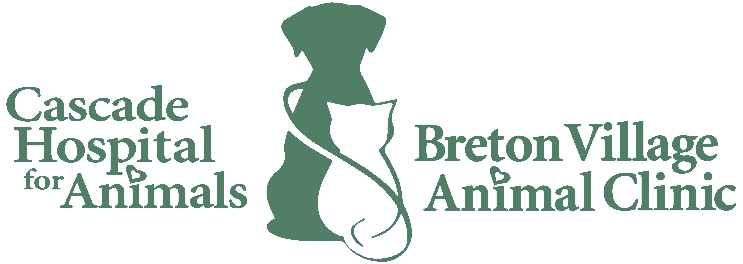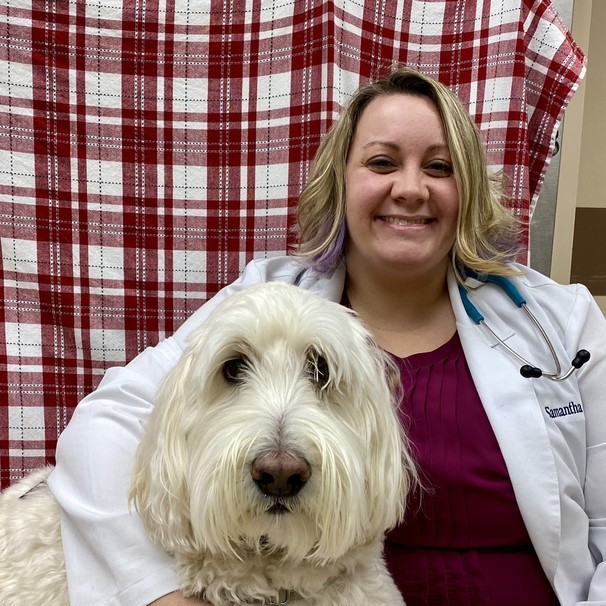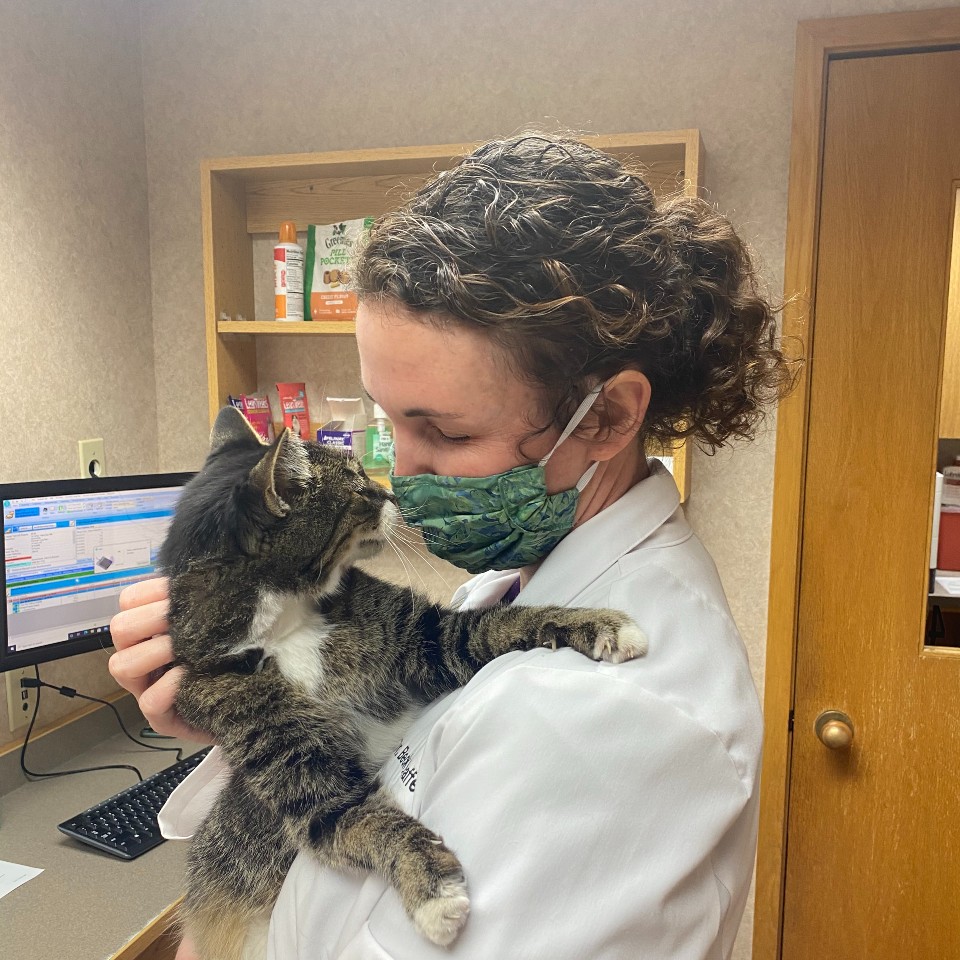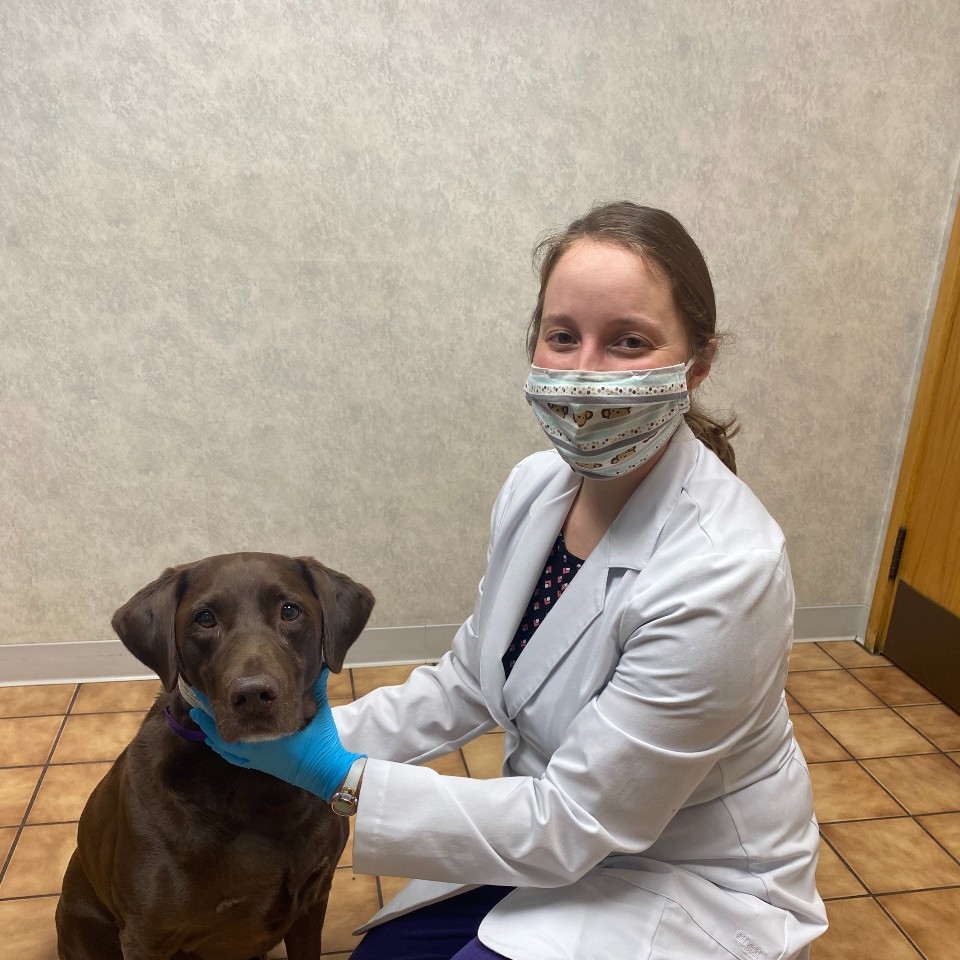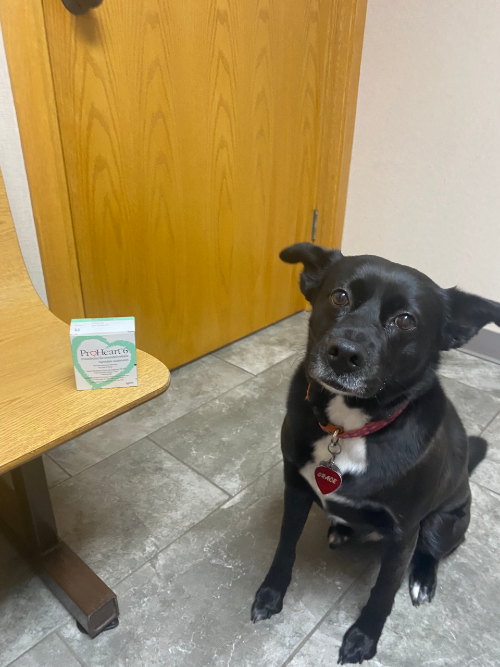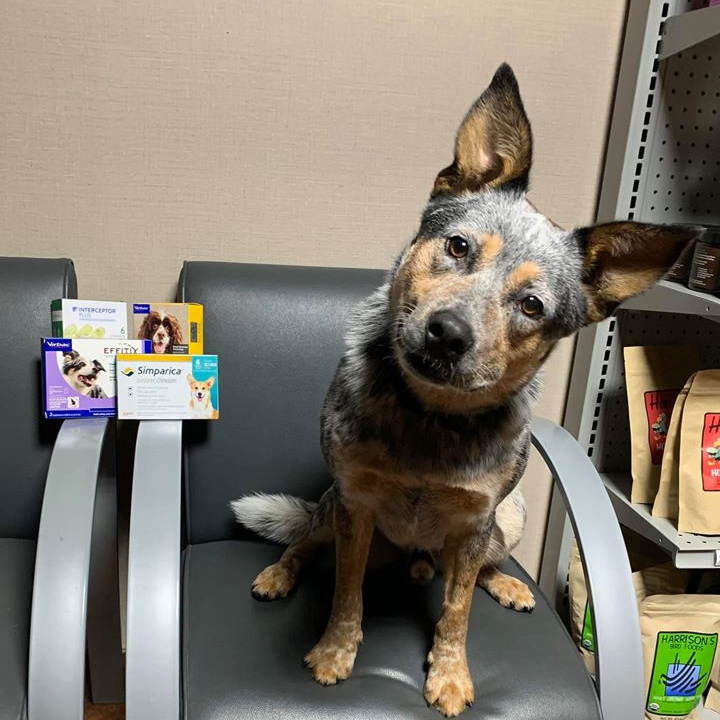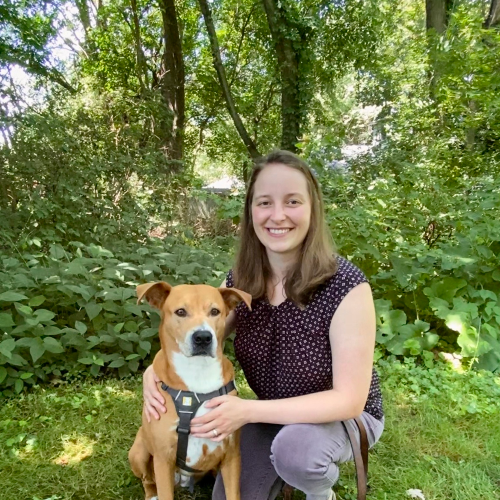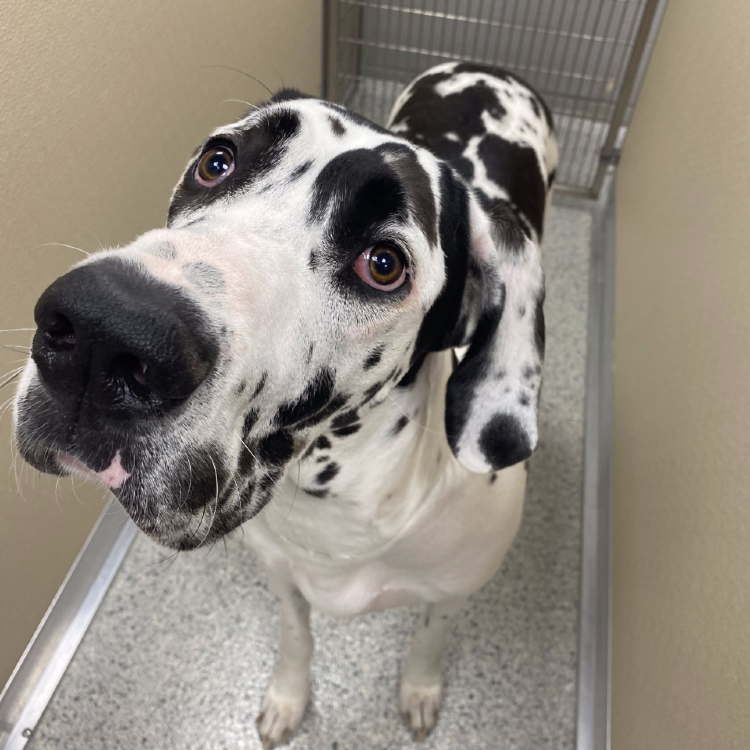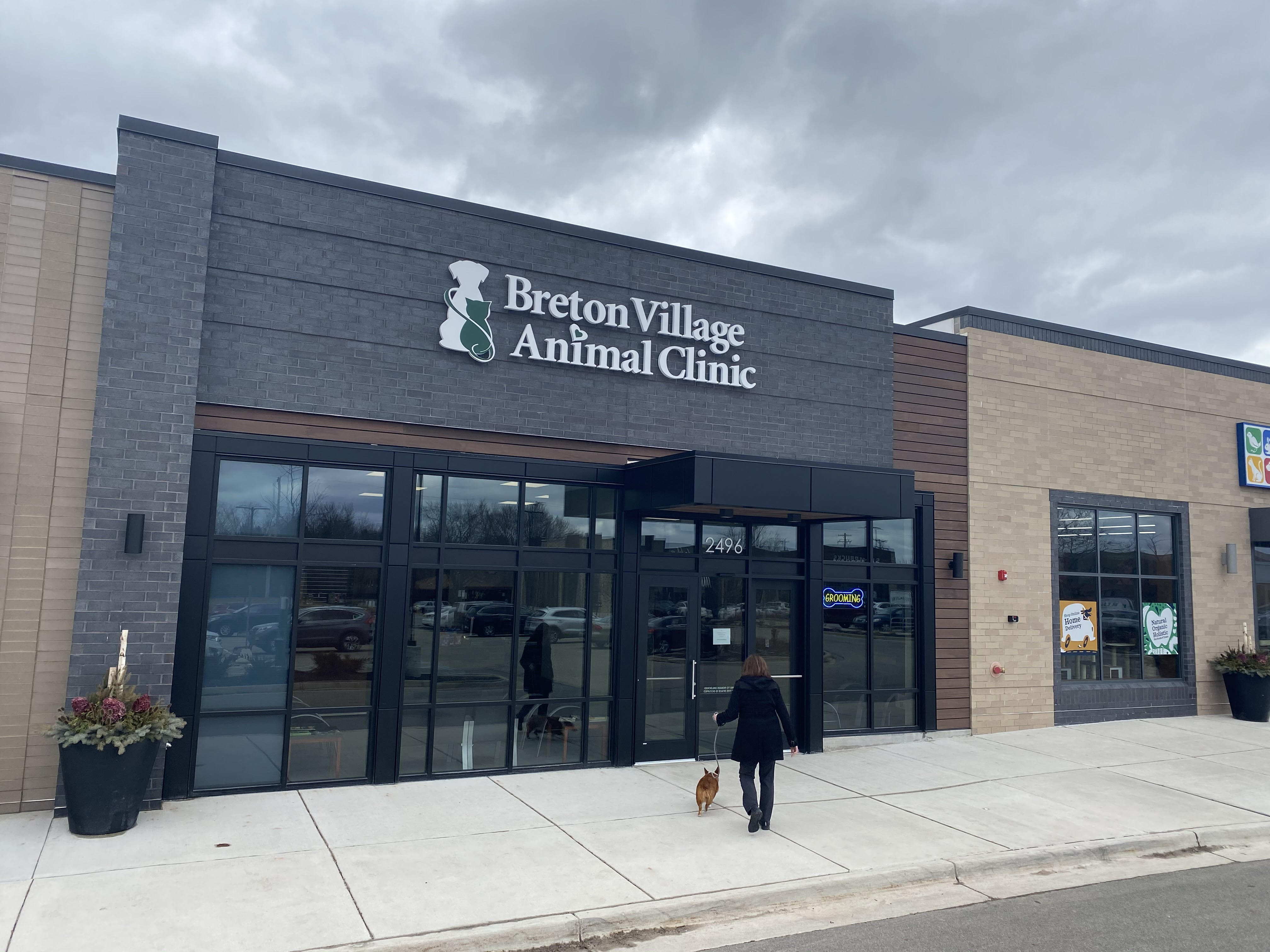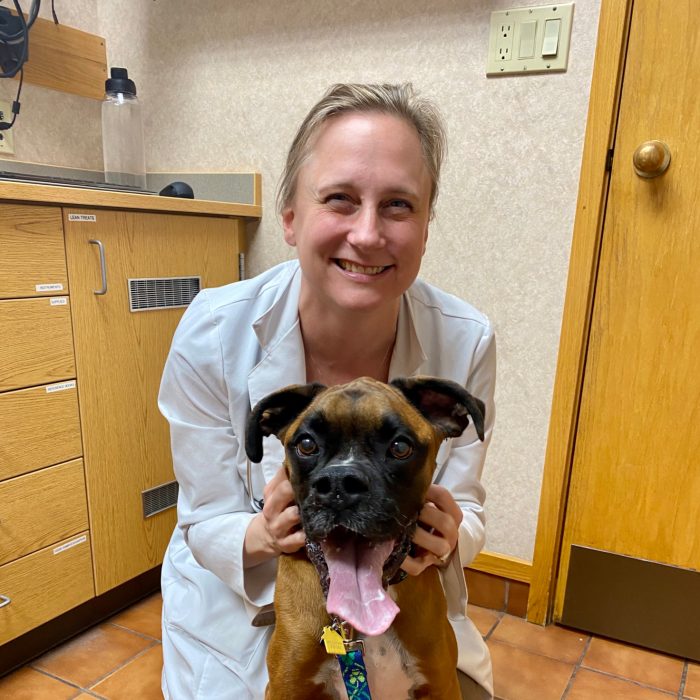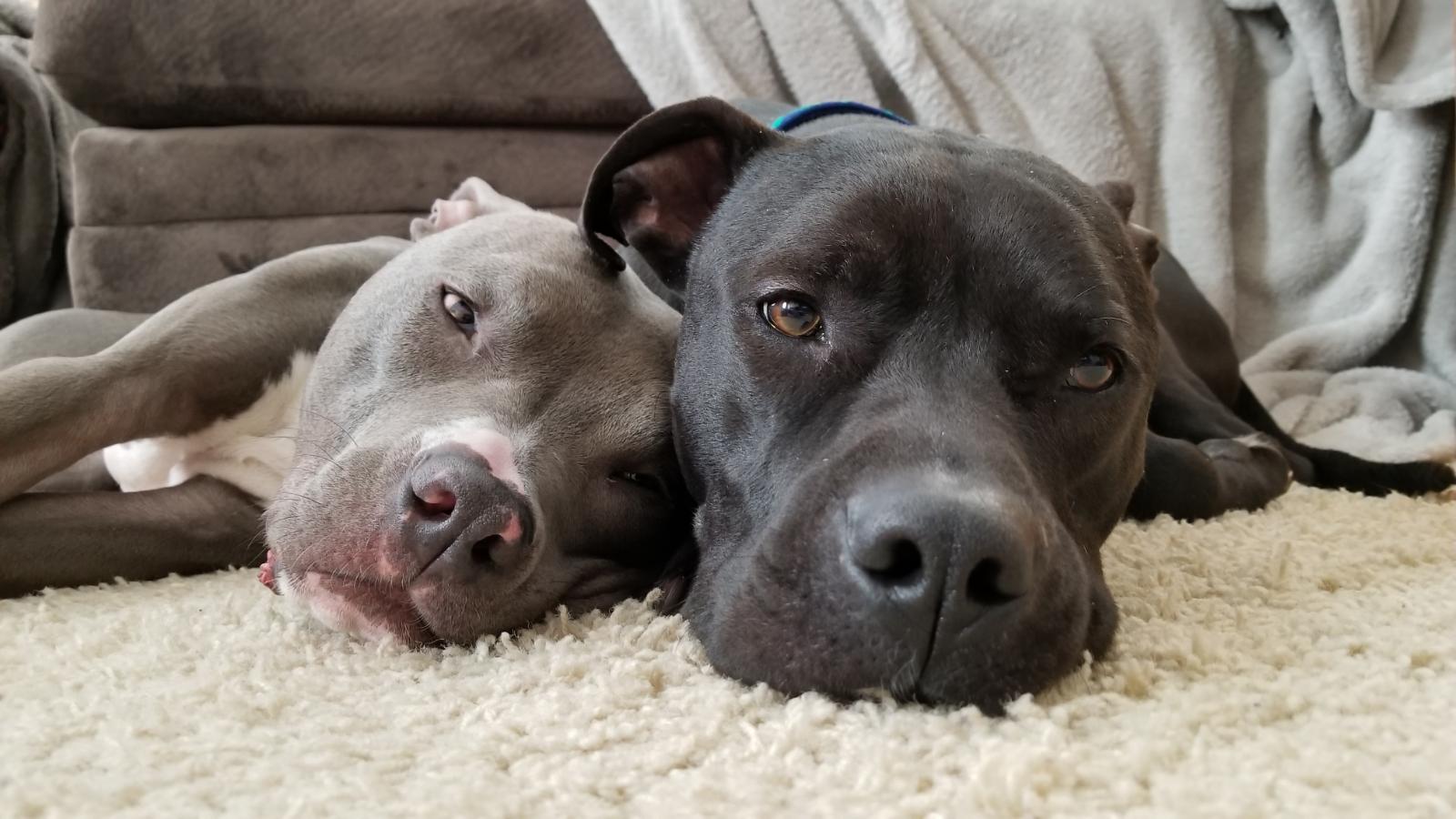It might seem like perfect timing that Cascade Hospital for Animals and Breton Village Animal Clinic began offering telemedicine in January 2020, only two months before the COVID-19 pandemic struck Michigan. But according to telemedicine provider Dr. Samantha Abel, it’s a service that will only grow in popularity, no matter what’s going on in the world.
Cat lovers don’t need to be told their beloved pets only get sweeter with age. Many choose to adopt adult cats, not only because they are more likely to be overlooked in the shelter system, but also because they have often grown out of the behavioral problems that come along with adopting kittens and younger cats.
It’s autumn, and that means the cold season is back in full swing. But while we humans brace ourselves for sneezes and sniffles, it’s important for dog owners to remember their pets are also vulnerable to an infectious respiratory ailment: canine infectious tracheobronchitis, more commonly known as kennel cough. Spread from dog to dog through airborne droplets, direct contact, and contaminated surfaces, kennel cough is highly contagious.
For some dog owners, even those who know and understand the importance of monthly heartworm preventatives to their dogs’ health, remembering to administer the medication every month can be a real pill. “They don’t mean to forget,” said Cascade Hospital for Animals’ Dr. Becky Schaffer. “But it still happens all the time, so the pet isn’t getting the preventative on a regular basis like it’s prescribed.” Missing doses on the monthly preventative means the dog isn’t being effectively protected against heartworm disease, and that in turn means the potential for big costs and serious illness down the road.
Now that we’re in the height of summer, a time when we are all enjoying the outdoors with our pets, it’s important to remember that the biting, stinging pests we encounter outside can be more than an annoyance—they can lead to debilitating and sometimes even deadly illnesses. Here are some tips on avoiding serious problems for you and your pet from Cascade Hospital for Animal’s resident bug expert, Dr. Greg Paplawsky.
Cascade Hospital for Animals and Breton Village Animal Clinic are proud to welcome Dr. Justine Rasche to our experienced and talented team of veterinarians. Dr. Rasche and her family have returned to Grand Rapids to be near family and she’s excited to be a part of CHFA/BVAC.
Chris Ballard knew the type of dog for him from early on. As a teenager visiting a breeder to pick up his new Chocolate Lab, he immediately fell for the breeder’s family pet, a Great Dane. “I just said, ‘Oh my God, someday I want one of those!’” Years later, as he worked to convince his cat-preferring wife to adopt a dog, she told him, “You can get the smallest one or the biggest one.”
When Breton Village Animal Clinic (BVAC) relocated in February, it may have moved only a short distance, but its newly constructed location has made it even better equipped than before to serve the East Grand Rapids area.
It all started in October with a little spot on his face. Vonnie’s owner Kellie, who has had the boxer since he was a puppy, noticed the spot on the side of his muzzle and though she watched it closely, at first she didn’t think it was anything more serious than an allergic reaction.
For CHFA client care assistant Erika, allergies used to be a way of life—her pet’s allergies, that is. Lucy, an American Staffordshire Pitbull Terrier, and Kane, a Pitbull mix, both three years old, exhibited worrisome symptoms that veterinarians identified as allergic reactions.
Lucy’s troubles began about two years ago. She would desperately bite at her itching feet, causing painful injuries to herself.
